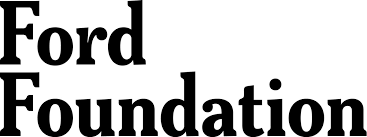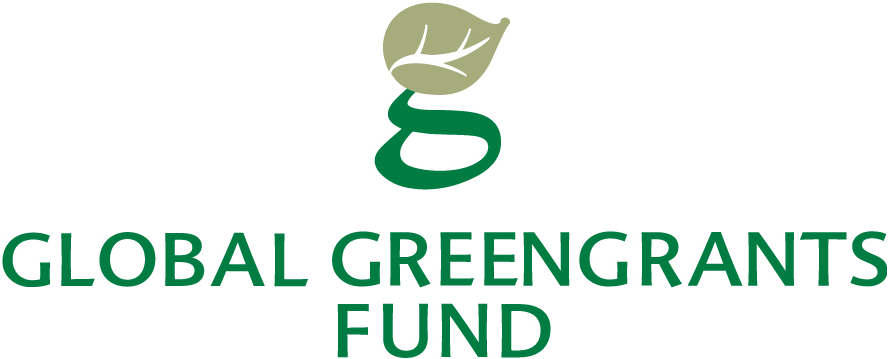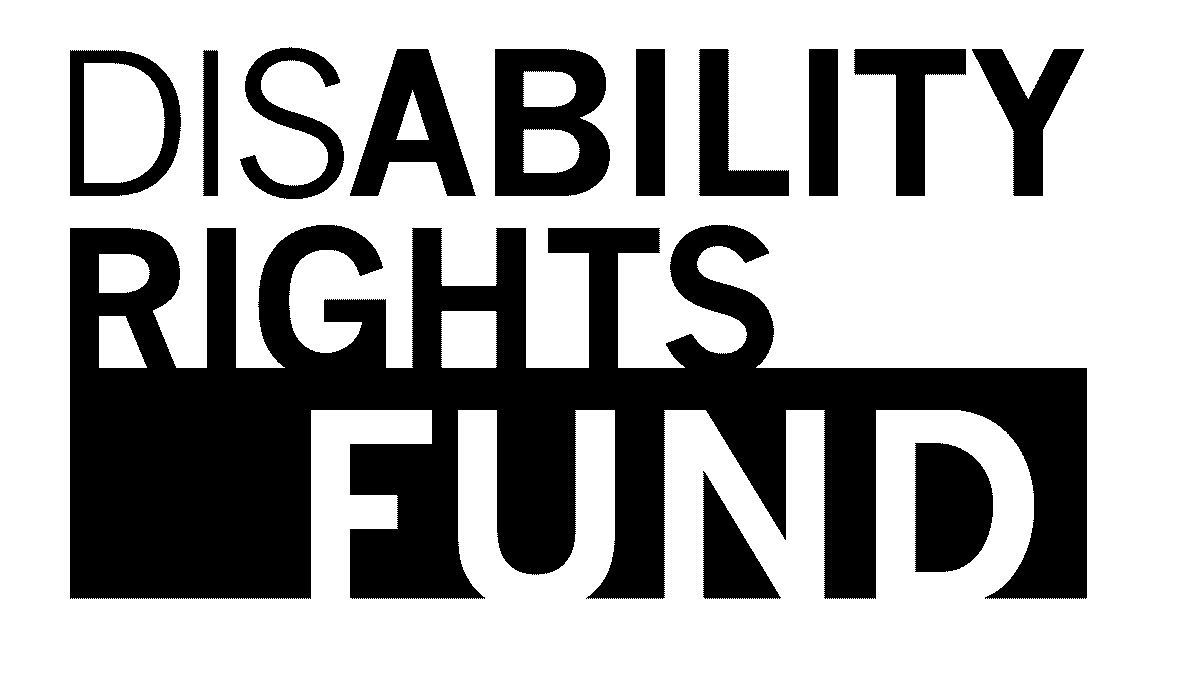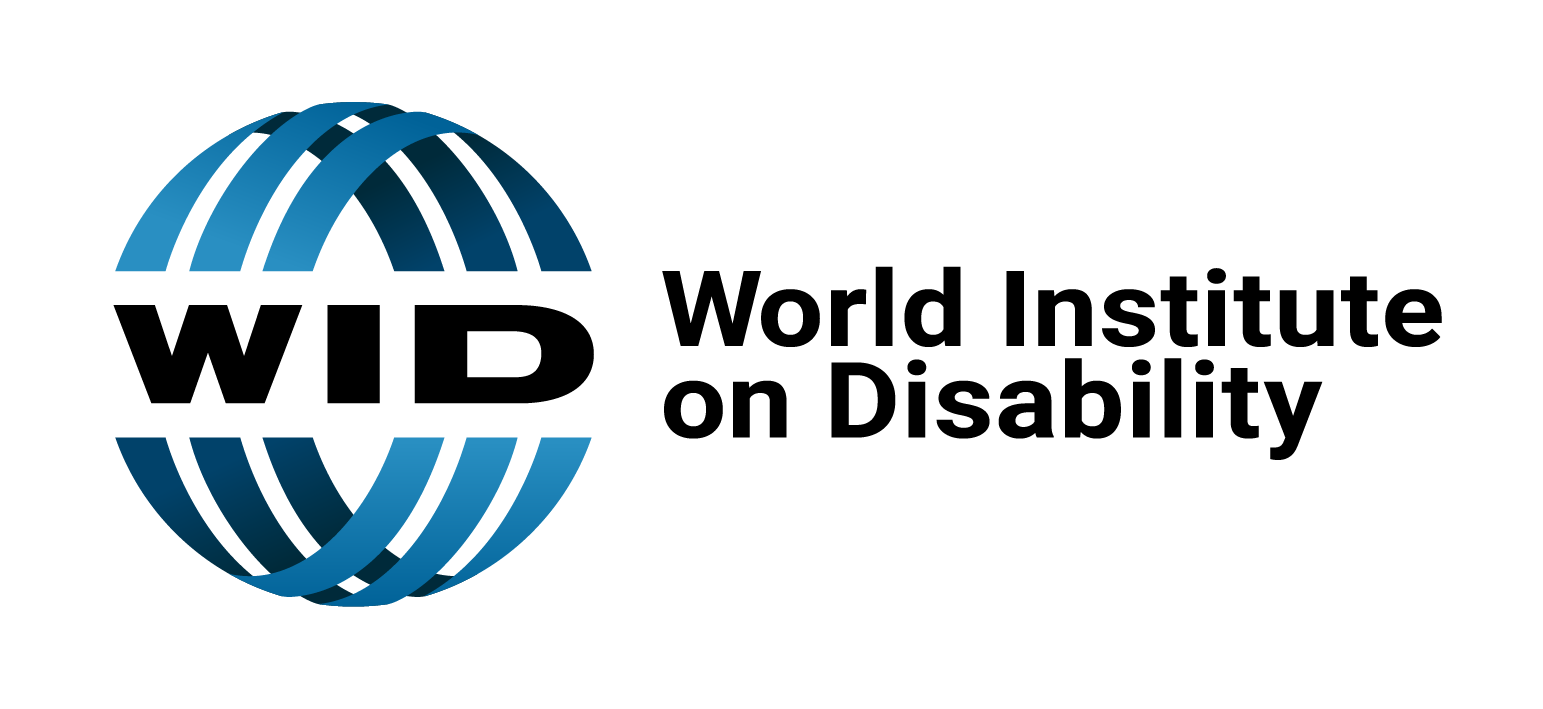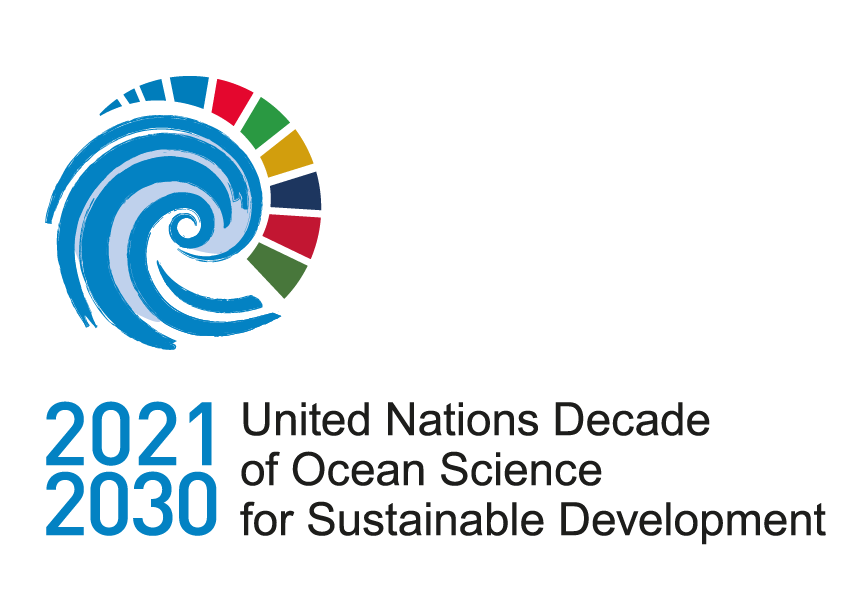About
About the Disability Justice Project
What is the Disability Justice Project?
The Disability Justice Project (DJP) trains disabled human rights defenders in documentary storytelling and is the first media platform dedicated to disability rights in global majority nations. Sending camera kits across continents, we work with disability activists and their affiliated organizations to develop cohesive messaging to shift perspectives and build systemic power. An award-winning project of the Center for Independent Documentary (CID), the DJP is a leader in accessible media, incorporating captions, audio descriptions, and interactive transcripts into our videos and offering plain-language instructions on using this site and its accessibility settings. Our activists are leading the way in inclusive filmmaking, demonstrating that with appropriate accommodations, people with a range of disabilities can actively engage in media production.
Partners
Awards
2023
- We were a finalist in the Social Impact Media Awards (SIMA) in the Production Companies category, selected from entries from 27 countries. The 12th annual SIMA Awards were supported by the International Documentary Association, Doc Society, Firelight Media, and other national and international documentary and social change organizations.
- We won two gold Anthem Awards honoring mission-driven journalism. From nearly 2000 entries across 43 countries, our work was featured along with Mother Jones, ITVS, and Human Rights Watch. Judges included Tarana Burke, Ashley Judd, and The Atlantic CEO Nicholas Thompson.
- We were nominated for a Webby Award in the Websites and Mobile Sites – Diversity, Equity & Inclusion category. We were singled out as one of the five best sites in the world in this category, making us among the top 12% of the nearly 14,000 projects entered.
- We were a finalist in the On The Rise: 0-4 Years in Business category and an honorable mention in the Media & Entertainment category in Fast Company’s World Changing Ideas Awards.
What are people saying about us?
BBC Access All: From fresh-water wells flooded by salty seawater to avoiding inaccessible emergency shelters, we hear from [DJP Fellows] Ari in Samoa and Melvina in the Solomon Islands about the impact climate change is having on their very exposed corner of the world. It comes as COP28, the UN summit which convenes annually to try and solve the climate crisis – draws to a close in Dubai.
Reframing Disability: Every Small Step Towards Accessibility Counts: Since the beginning of the year, I have worked for DJP as the community engagement coordinator of a growing group of alumni fellows and journalists covering disability globally, and recently, as an instructor of rights-based journalism to a cohort of disability-rights activists from Nepal. I’ve witnessed firsthand the effort that goes into making the programme accessible for fellows from varied cultural backgrounds and abilities, who speak different languages.
Cultural Survival: How the Disability Justice Project has resourced Indigenous storytellers with disabilities to frame their own agenda and solutions: Ableism is deeply entrenched in the dominant narrative, which is exclusionary and dehumanizing. Storytelling about persons with disabilities is often paternalistic and harmful, perpetuating dangerous stereotypes. Think inspiration exploitation, a definite no-no. Changing this ableist narrative is essential in philanthropy, too.
Anthem Awards: How the Disability Justice Project is taking an intersectional approach to dismantling systems of ableism: The Disability Justice Project (DJP) pairs disabled journalists in the Global South, in the nascent stages of their careers, with mentors and professional journalists. The program’s goal is to push the global disability justice movement to the forefront of storytelling, while training fellows on rights-based reporting.
Northeastern Global News: How the Disability Justice Project is working to make filmmaking more accessible: “The whole goal of the Disability Justice Project is to make our media—and the media production process itself—more accessible,” [DJP Founding Executive Director Jody] Santos says. “This is a huge step in that direction.”
Disability Rights Fund: Meet Two Disability Justice Project Fellows Modeling Inclusive Storytelling: Ableist storytelling is a direct contradiction to the popular disability rights movement’s slogan, “Nothing About Us Without Us.” It is critical that persons with disabilities are front and center in any stories that are told about them and are included in policy decisions made about them. … Recognizing the need for disability-inclusive storytelling, the Disability Justice Project … was created to mentor and train persons with disabilities to “take back the narrative” as storytellers.
What is the Disability Justice Project Fellowship?
Five fellows from organizations of persons with disabilities (OPDs) in the Global South participate in a 14-week workshop on digital storytelling and receive a stipend and a certificate of completion at the end of the course. Trainings are usually virtual over Zoom, and Communication Access Realtime Translation (CART) and International Sign are provided. Storytelling kits, including video cameras, tripods, and mics, are shipped to participating fellows and are the property of the affiliated OPD.
Who can apply to DJP?
Sign up for our newsletter to be notified of the next call for applications.
Accessibility statement
The Disability Justice Project is committed to providing an accessible and inclusive experience that functions for the widest possible audience, regardless of technology or ability.
We strive to conform to level AA compliance for the Web Content Accessibility Guidelines (WCAG) 2.2, which outlines how to make web content easier to use for persons with disabilities. The code powering this site is standards-compliant HTML, CSS, and JavaScript. Any person using a past, present, or future browser that honors these standards should be capable of navigating this site.
In addition to being tested on modern browsers, this site has been checked to make sure it’s compatible with:
- Recent versions of popular screen readers
- Operating system screen magnifiers
- Speech recognition software
- Operating system speech packages
We have tried to improve the accessibility of our website for users with disabilities by:
- Using time-tested, stable, and interoperable technology based on open standards to help ensure our content can be accessed by the widest range of devices as possible
- Running automated and manual checks to test for accessibility issues
- Supporting magnified and zoomed displays, as well as custom typefaces and themes potentially set by someone in their browser
- Maintaining a color palette with high contrast ratios values to keep content legible
- Providing keyboard-accessible navigation
- Providing skip-to-content links at the top of the page
The Disability Justice Project’s accessibility menu can be enabled by clicking on the accessibility menu icon that appears in the right corner of every page. To learn more about how to use our accessibility settings, watch our videos in Able Player, use the search function, and more, visit our How to use this site page.
If you are experiencing difficulty with any content on the site or if you would like to request accessibility-related assistance, report any accessibility problems, or request any information in alternative formats, please email jsantos@disabilityjusticeproject.org.
Our team
Mentors
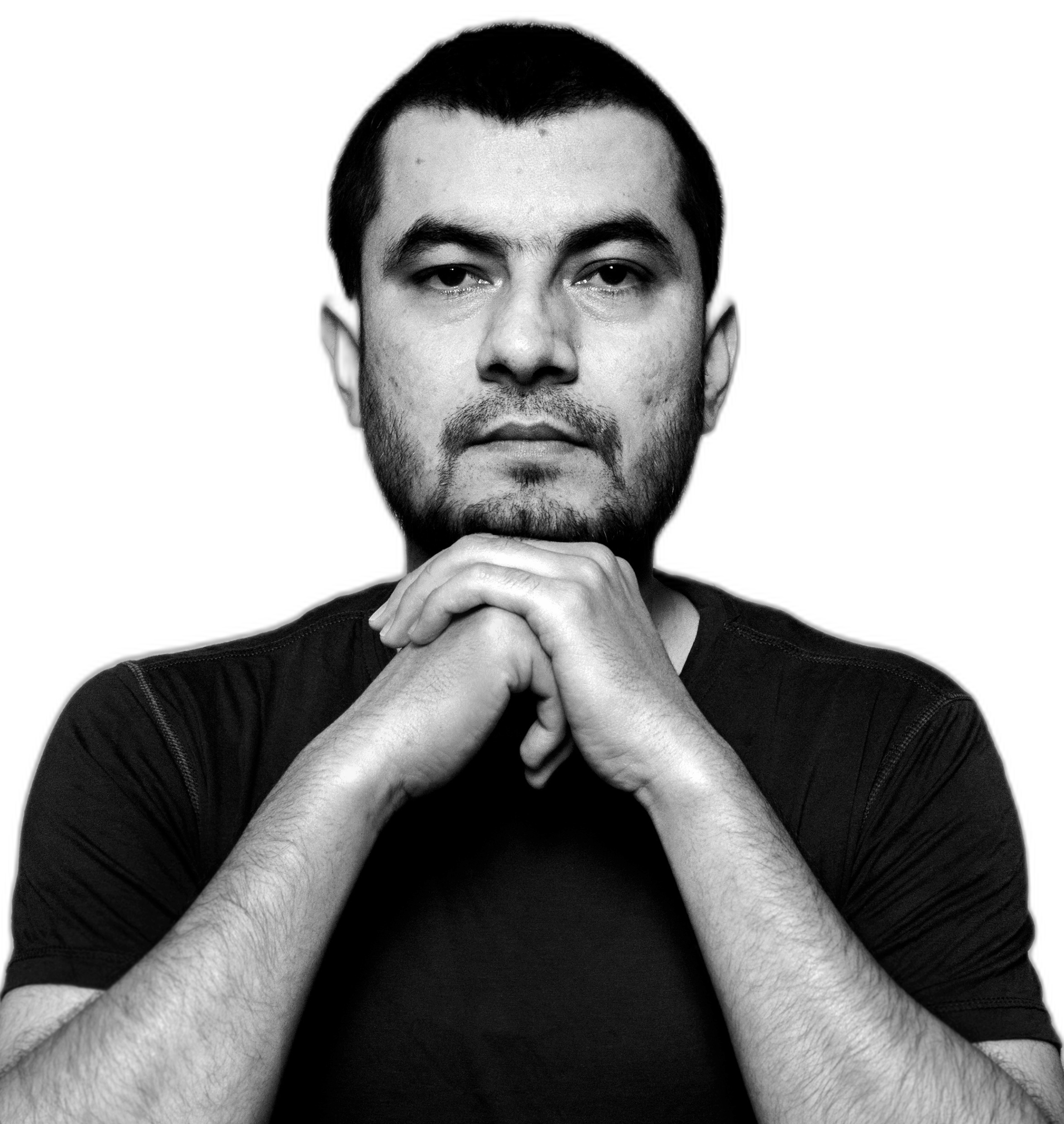
Kishor Sharma
Kishor Sharma is a Nepali documentary photographer, filmmaker, and author whose photography, and films, composedly defend the nuanced simplicity of people, life, and their landscape. Sharma has extensive experience in documenting human interest stories through photos and films, working with diverse communities throughout Asia. He is known for his dedicated long-term storytelling projects centered around people whose lives have slid off societal conventions.
Kishor Sharma has a master’s degree in mass communication and journalism. He is a 2013 alumnus of the Danish School of Media and Journalism, where he completed the Advanced Visual Storytelling course.
Sharma is the recipient of the 2014 Asia Prize at the Photo City Sagamihara Awards, held in Sagamihara, Japan, for his photo documentary work on Nepali nomads. His works have been exhibited, published, and broadcasted globally. Sharma is the author of Living in the Mist, a photobook on the last nomadic tribe of Nepal, The Rautes.
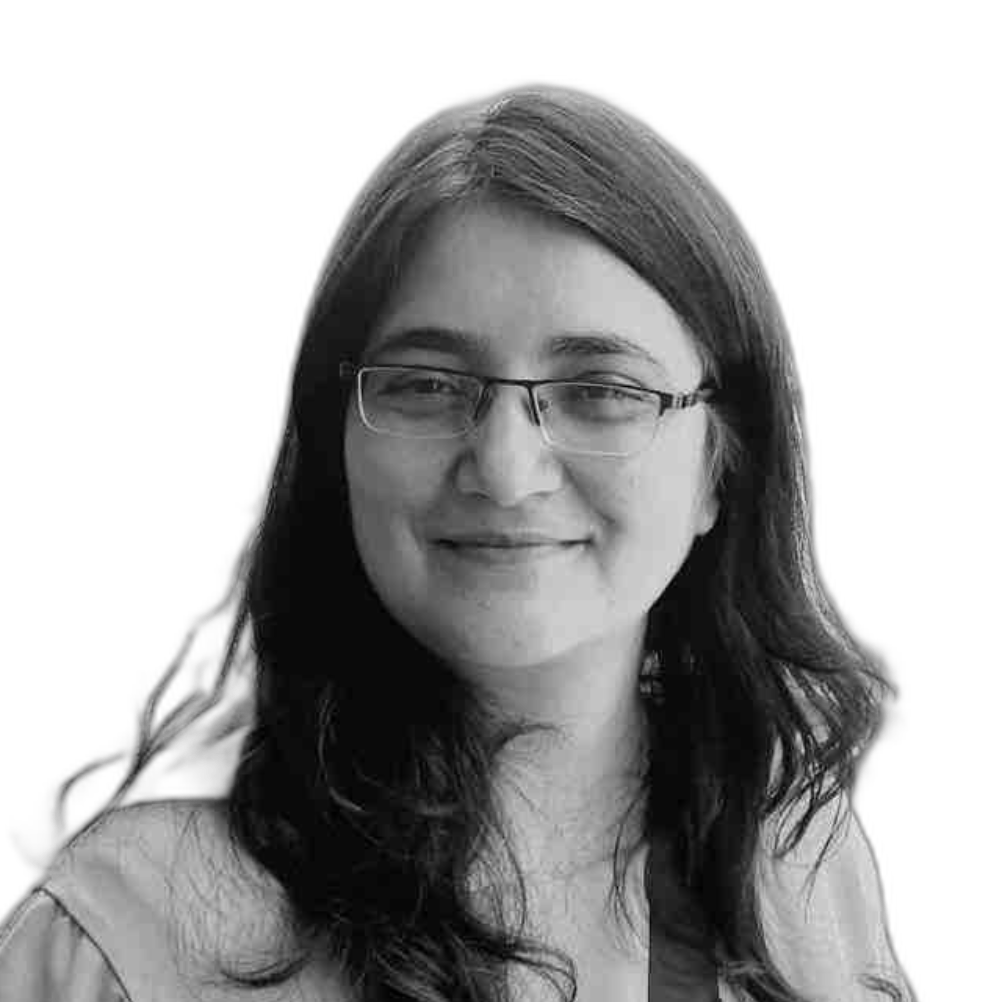
Anjali Subedi
Anjali Subedi is a Kathmandu-based journalist, poet and the conceptualizer and campaigner of ‘HappyMe.’ Her reports and stories related to human rights and social justice, environment and climate change, gender minorities and other marginalized communities, health, education and human psychology have appeared in different portals, including The Kathmandu Post, Nepal Live Today, Global Free Press and Republica. The Asia Journalism Fellow- 2021, she takes immense interest in writing long-form stories of human interest. An avid fan of Rumi, a phenomenal Persian poet, Subedi has written and recited her poems at the National Women Commission and other platforms. Her major delight, ‘HappyMe,’ connects participants to their own spiritual dimension and healing power through self-assessment art therapy.

Siromani Dhungana
Siromani Dhungana is a journalist who is well-versed in analyzing Nepal’s political, economic and social sectors. Over the course of his career, he has worked as a print and radio journalist covering political, economic and social issues. He has also utilized his deep understanding of Nepal to assist state bodies, non-profit and development sector organizations in conducting research and developing policies.
Dhungana currently serves as the editor of Nepal Live Today, a comprehensive English-language news portal that is developing new approaches in Nepali journalism. He has been a journalist since 2010, working as a sub editor of The Himalayan Times and social bureau chief for another daily (Republica).
Dhungana serves as a lecturer of journalism at both Tribhuvan University and Purvanchal University of Nepal. He has worked closely with the government of Nepal’s National Planning Commission (NPC) to conduct research and produce briefs pertaining to economic and social policies. In addition to the NPC, Dhungana has supported the World Bank, the Asian Development Bank, the Poverty Alleviation Fund and BBC Media Action in developing and implementing policies and programs.
Through his work, Dhungana hopes to advance democracy, freedom, and individual rights by linking people with the government, promoting accountability, and adopting the participatory process. He has experience working with Dalit organizations and organizations of persons with disabilities (OPDs) in formulating effective communication, advocacy and campaign strategies for inclusion and rights.
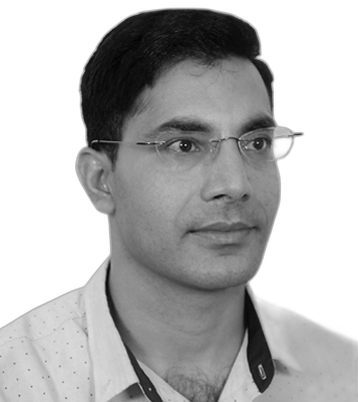
Lekhanath Pandey
Lekhanath Pandey is an acclaimed media educator and columnist. As an assistant professor, he has been teaching journalism for over a decade at Tribhuvan University in Nepal. With over 15 years of experience, he has worked with prestigious media outlets like Kantipur, Nagarik, and The Himalayan Times. Awarded the Nepal Bidhya Bhusan by the Government of Nepal in 2010, he is recognized for his expertise in foreign affairs, public policy, diplomacy, geopolitics, and media. His articulate writings have appeared in renowned publications such as Kantipur, Nayapatrika, The Kathmandu Post, The South China Morning Post, European Journalism Observatory, and Deutsche Welle. A former fellow of Humboldt University of Berlin (2018-2019), he is currently pursuing a PhD in media and diplomacy.
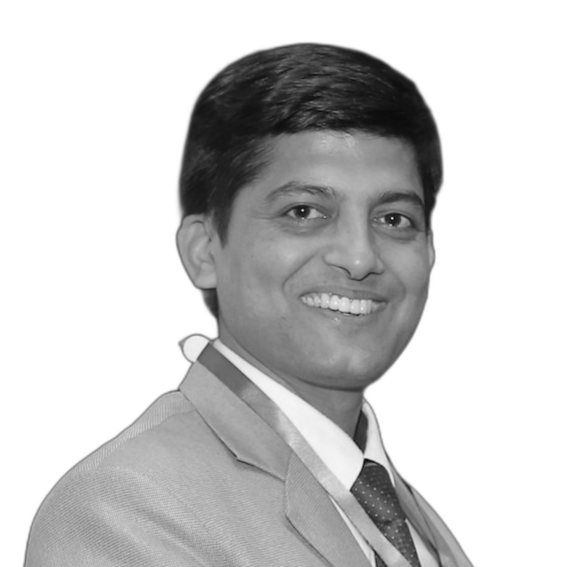
Kosh Raj Koirala
Kosh Raj Koirala is a journalist with nearly 20 years of experience in the field. He is currently working as editor of Republica English Daily – a sister publication of Nepal Republic Media Limited in Kathmandu, Nepal. His primary areas of interest include politics, human rights, governance, and foreign affairs. Prior to joining Republica Daily in 2009, Koirala worked with The Kathmandu Post for almost five years in addition to working as a stringer for various international media outlets like CNN. Koirala holds master’s degrees in English literature and political science from Tribhuvan University and international relations from the University of Leeds as a Chevening Scholar. He was also a student fellow at East-West Center, Hawaii, for one year as a part of the Asia Pacific Leadership Program in 2011-12. He has had opportunities to earn journalism and mass communication training courses from Nepal Press Institute, Asian College of Journalism, Indian Institute of Mass Communications, and Reuters Institute for the Study of Journalism at Oxford University.
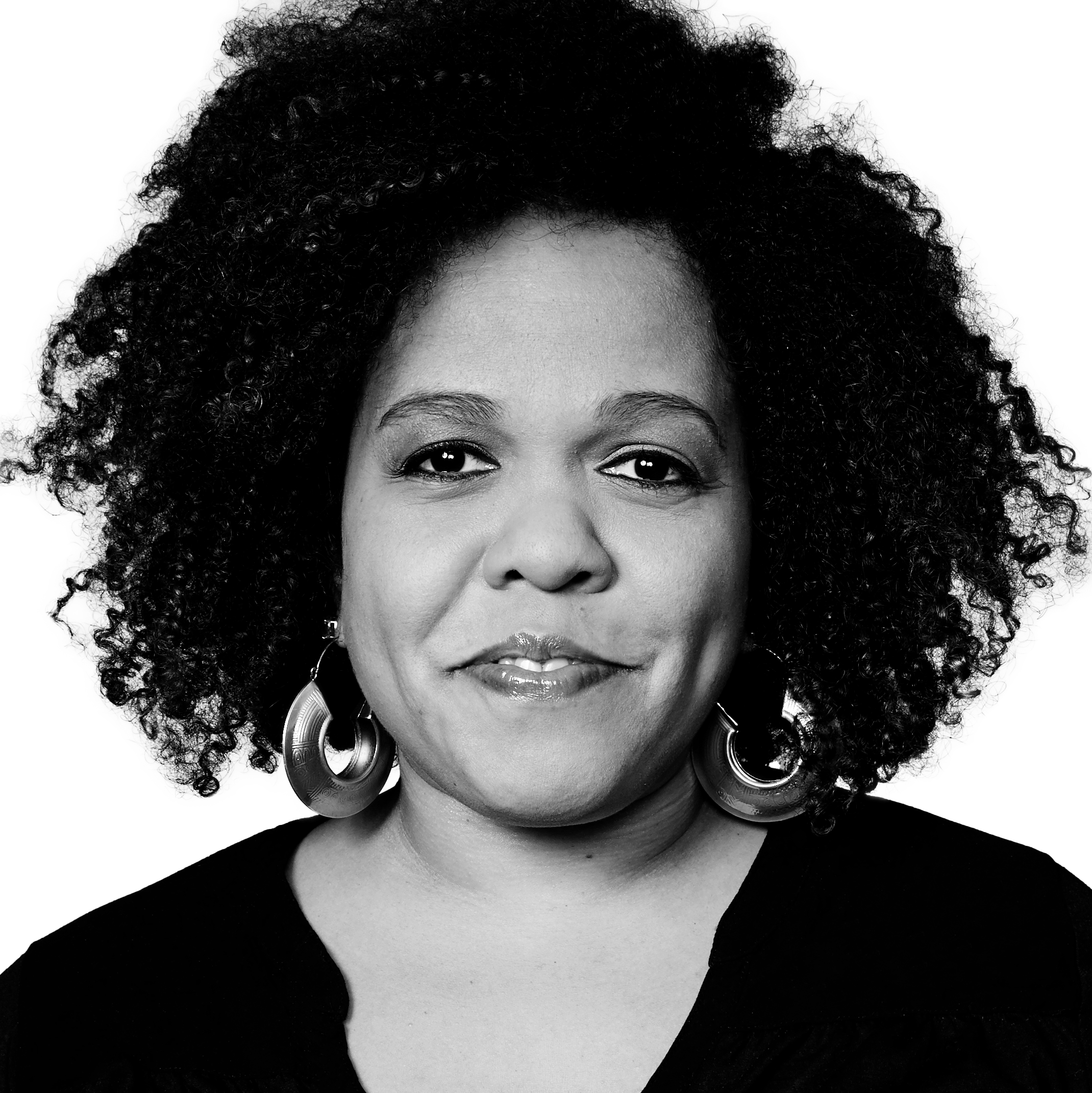
Cara Reedy
Cara Reedy is a journalist, actor, comedian, and film director from St. Louis, Missouri. She spent ten years working at CNN, producing documentaries and writing for various verticals like Eatocracy and CNN Business. In 2019, she co-produced “Dwarfism and Me,” a documentary for the Guardian about persons living with dwarfism and America’s treatment of them. She now works at Storyline Partners, a collection of organizations that collaborates with the entertainment industry “to promote accurate, authentic, and equitable cultural narratives in television and film.” She is on the advisory board of the National Center on Disability and Journalism at Arizona State University and is currently building the U.S.-based Disabled Journalists Association.
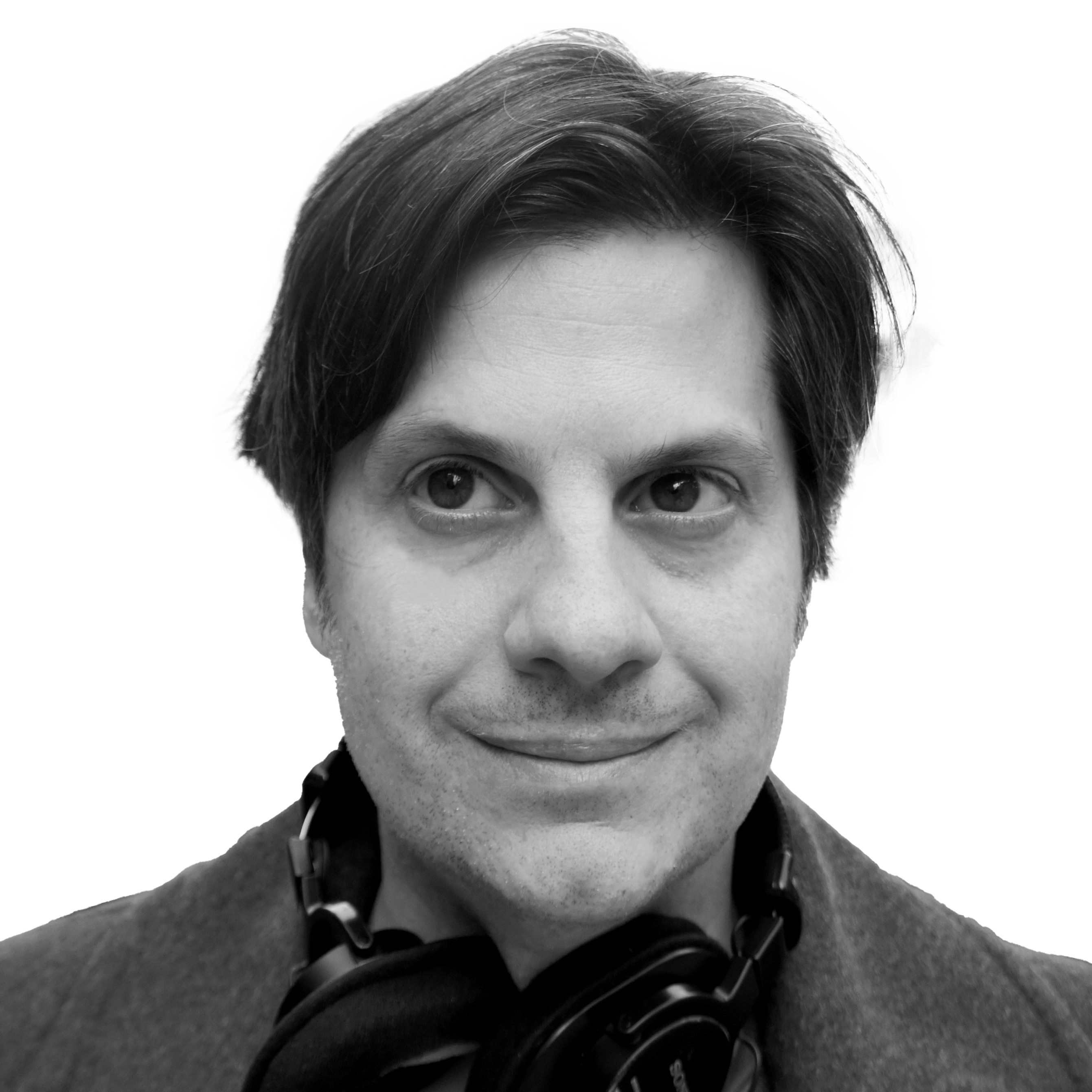
Jason Strother
Jason Strother is an American multimedia journalist who covers the news through the lens of disability and accessibility. After working overseas as a freelance reporter for 15 years, he returned to his home state of New Jersey in 2021 and launched Lens15 Media, which produces news content for and about 15 percent of the world’s population that has a physical, sensory, or learning difference. He also advises on best practices for covering this community as well as making real and virtual spaces more inclusive. Strother’s work is informed by his own experience of having low vision, and his stories have been published by The Wall Street Journal, National Public Radio, the BBC, and many other US and international outlets. He is also a 2020 National Geographic Explorer and an adjunct professor at Montclair State University, where he’s created a course on disability representation in media.
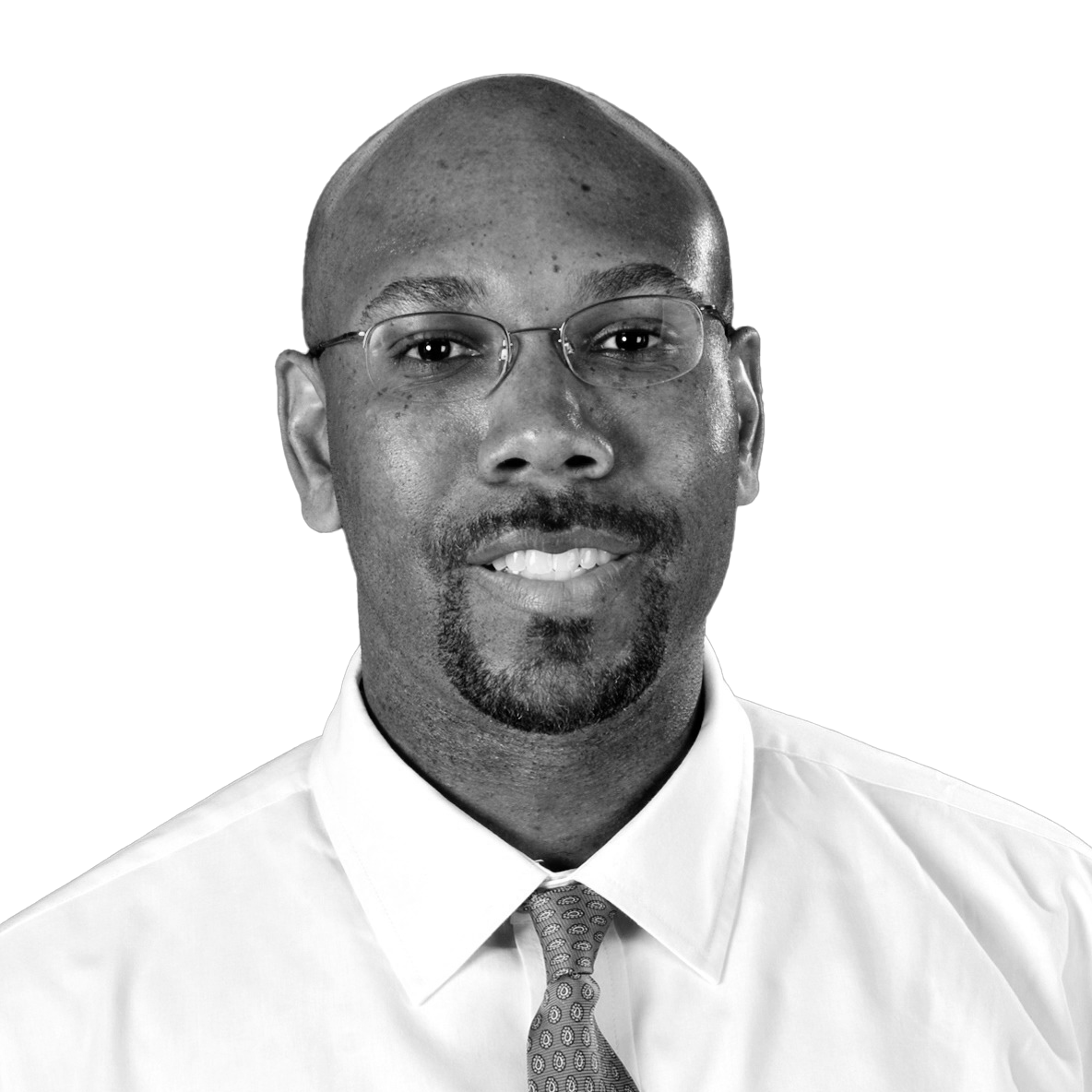
Marcus E. Howard
Marcus E. Howard is a journalism professor at Northeastern University School of Journalism and an award-winning journalist who has written for Reuters, Los Angeles Times, Chicago Tribune, Minneapolis Star Tribune, and Savannah Morning News, among other media outlets. His scholarly interests focus on examining the role of media in democratization with an emphasis on race, culture, and social movements.
Howard’s media literacy book, “How Journalists and the Public Shape our Democracy: From Social Media and ‘Fake News’ to Reporting Just the Facts,” (2019) was published by the Georgia Humanities Council in association with the Atlanta Press Club.

Mike Beaudet
Mike Beaudet is a journalism professor at Northeastern University in Boston and an investigative reporter at WCVB-TV, Boston’s ABC affiliate. He’s worked in local television news for more than 25 years. Beaudet started his career in radio covering politics at the Massachusetts State House and also made stops at television stations in Bangor, Maine, and Manchester, New Hampshire. Before joining WCVB-TV, he was an investigative reporter and anchor at WFXT-TV FOX25 in Boston.
During the pandemic, Beaudet reported extensively on the challenges facing individuals with disabilities as COVID-19 cases spiked in group homes and other residential settings. He examined the toll the pandemic took on people with disabilities who were often isolated in their homes and unable to participate in outside activities. As Massachusetts began vaccinating people, Beaudet raised questions about why people with disabilities weren’t eligible for vaccines earlier.
Beaudet has won numerous awards, including 20 New England Emmys. His most recent Emmys came in 2021 when he was named Outstanding Investigative Reporter. Beaudet’s reporting has also been recognized repeatedly by the Associated Press and the Radio Television Digital News Association. Beaudet’s research at Northeastern focuses on the future of local television news and finding new ways to grow the audience and engage younger viewers both on-air and online.
Staff
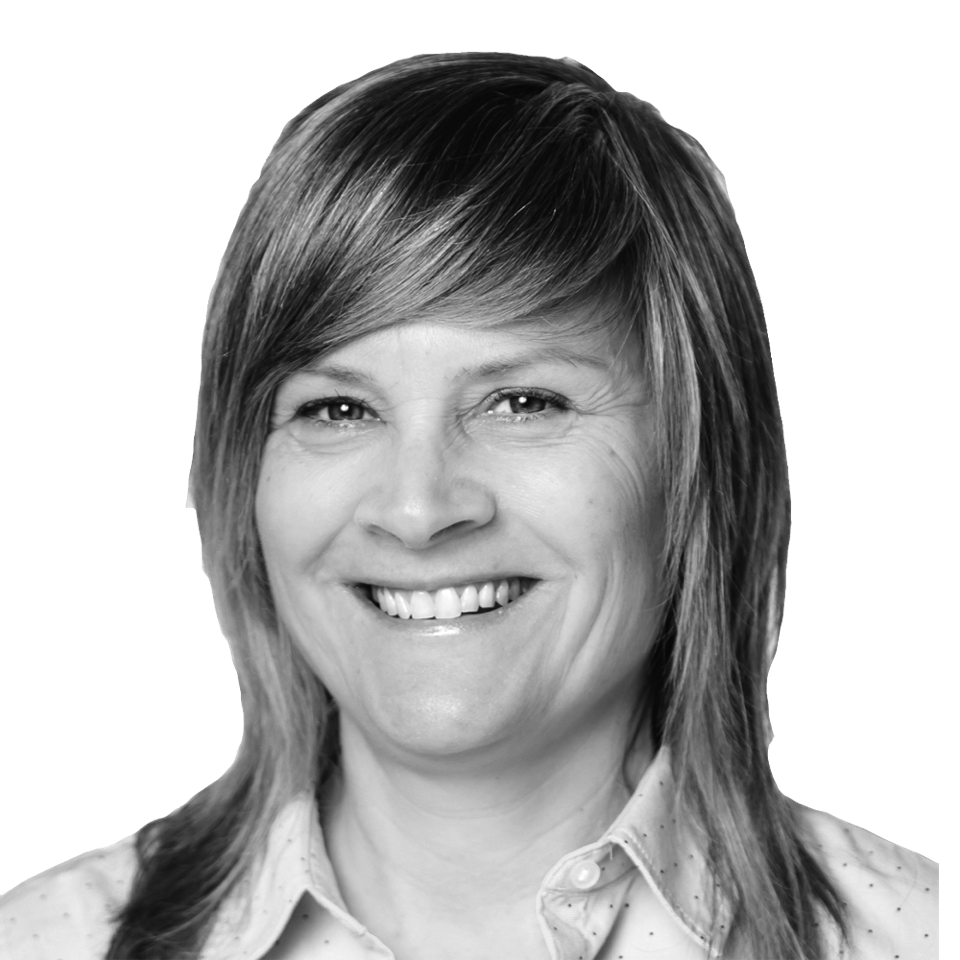
Jody Santos Founding Executive Director/Editor-in-Chief
A human rights filmmaker, Jody Santos (she/her) has traveled to some 30 countries across five continents, documenting everything from the trafficking of girls in Nepal to the widespread and often abusive practice of institutionalizing children with disabilities in the U.S. and other countries. Santos became involved in disability justice after her son was diagnosed with autism and she began to navigate the various systems – educational, medical, etc. – that seemed to exclude if not actively work against persons with disabilities.
Santos is an associate teaching professor at Northeastern University’s School of Journalism. Her documentaries have appeared on public television and cable networks like Discovery Channel, and her work also has been featured on New England Public Radio and in advocacy journals like Mad in America. Regardless of the medium, Santos’s goal has been to highlight those narratives that are usually unseen or underreported.
Santos is the recipient of American Women in Radio & Television’s Gracie Allen Award, and she was nominated for an Emmy for a special report on black-market guns airing on NBC Boston. She is the author of Daring to Feel: Violence, the News Media, and Their Emotions published by Rowman & Littlefield’s Lexington Books division.
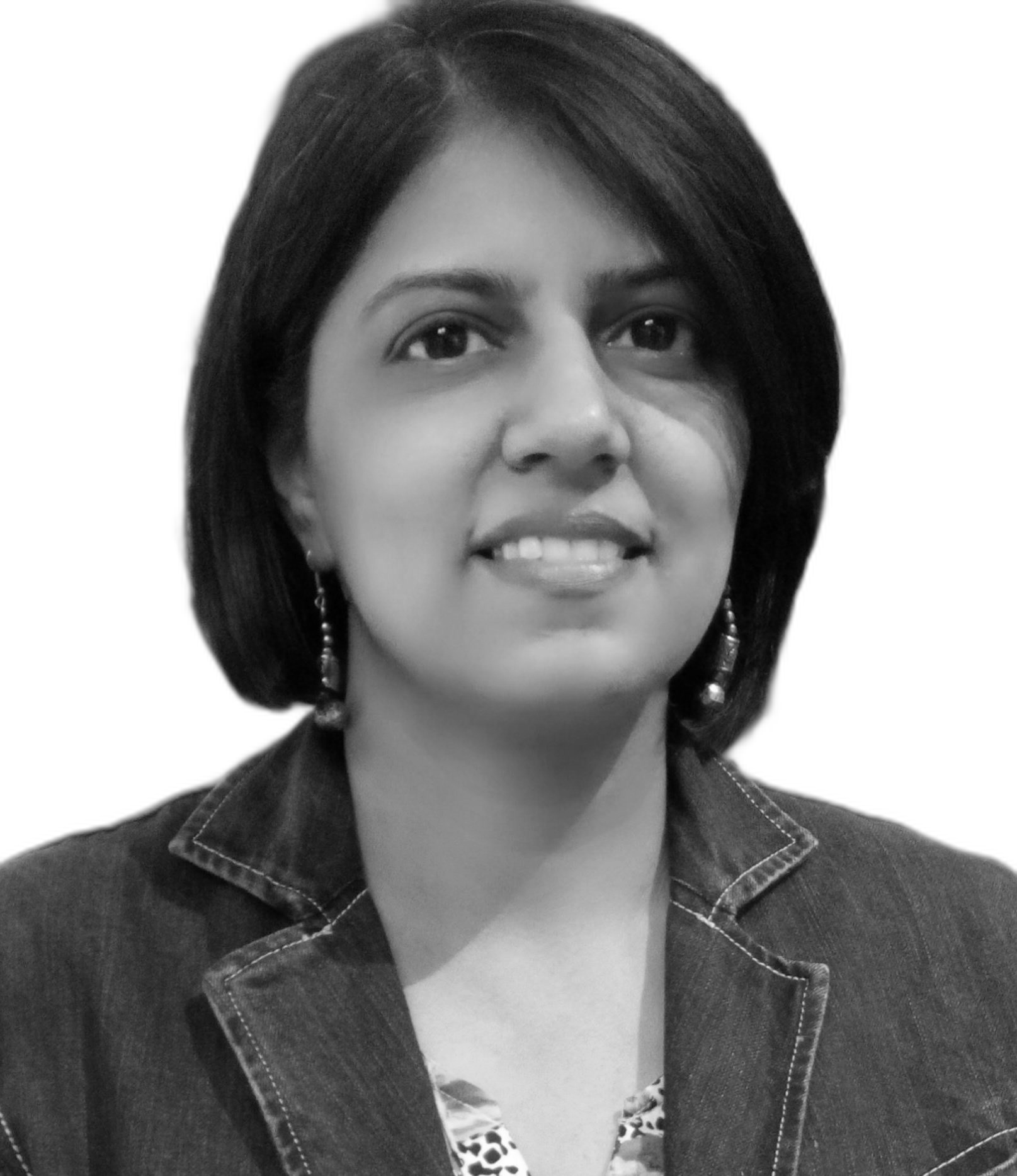
Priti Salian Instructor/Community Engagement Director
Priti Salian is a Bengaluru-based independent journalist and has reported from India, Germany, and Uganda on global health, human rights, social justice, development, and culture. More specifically, she has covered issues of disability, gender, education, health care, and aging. Her work has appeared across seven countries in the Guardian, the BBC, National Geographic, NBC News, Public Radio International, Devex, Stanford Social Innovation Review, The British Medical Journal, The Lancet, CityLab, The Christian Science Monitor, South China Morning Post, Al Jazeera, and The National, among others.
In 2019, Salian was a fellow of Robert Bosch Foundation in Germany, and in 2022 she traveled to Oxford on a fellowship with Reuters Institute for the Study of Journalism where she conducted research on disability inclusion in Indian newsrooms. Her paper “A 9-step plan for “curb-cutting” disability access in Indian news and newsrooms” is a result of the study.
She is a TEDx speaker and a contributor to the ethical travel anthology Tread Brightly.
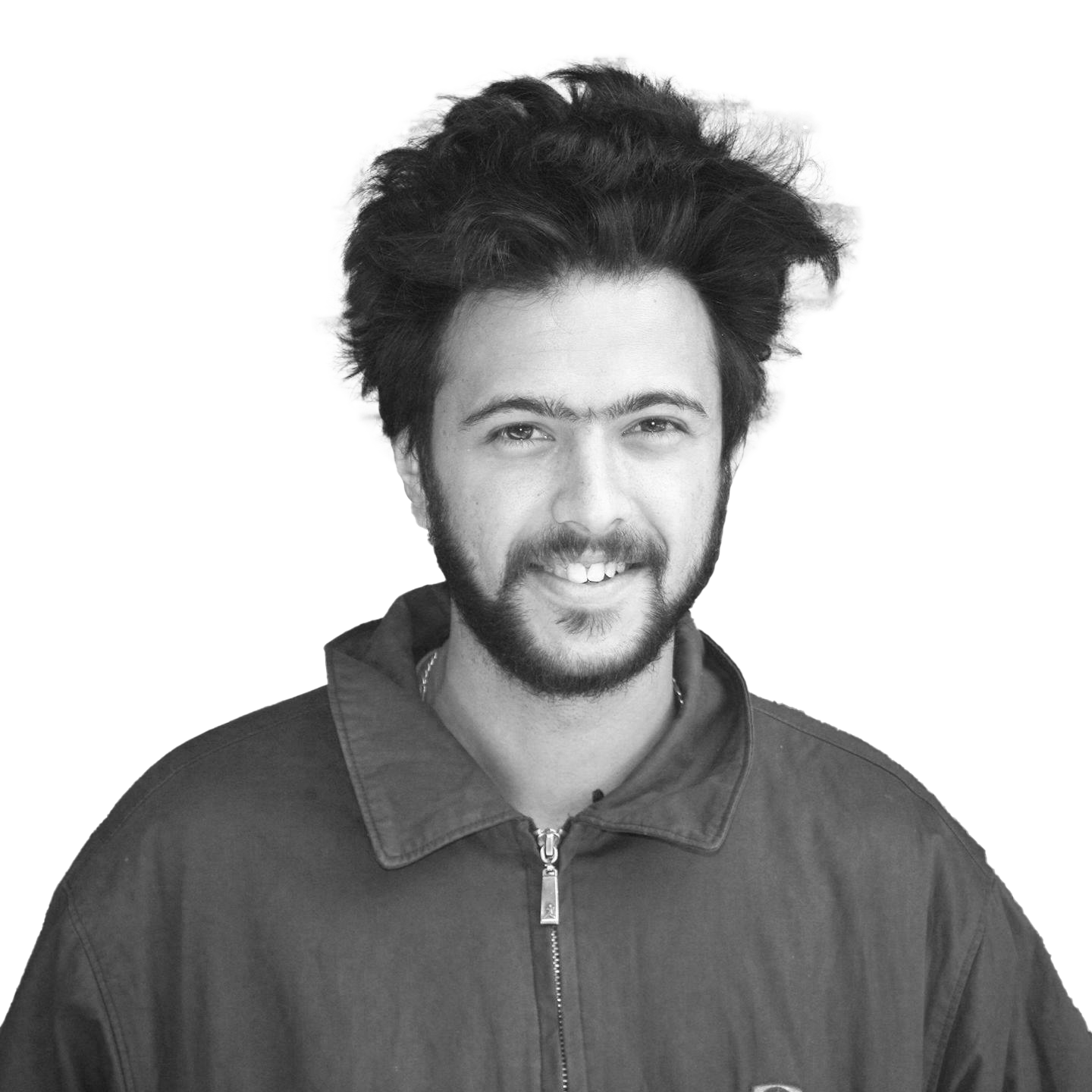
Upakar Pandey Partnership Development and Program Support Specialist
Upakar Pandey works in the capacity of project coordinator at the Center for Good Governance and Peace, Nepal. He has been involved in the sector of good governance, youth leadership, media literacy and strategic partnerships for the last 8 years. He is also a freelance media strategist and serves as an outreach consultant at Street Business School, a U.S.-based social enterprise. Pandey is a screenwriter, and he has written two feature films and one web series. He loves traveling, singing, playing guitar and interacting with people belonging to diverse perspectives and cultures.
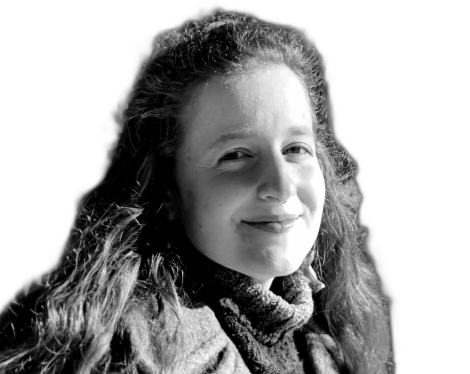
Grace Rountree Development Associate
Grace Rountree (she/they) is a community organizer, human rights advocate, and visual artist. Grace’s background as a paralegal specializing in humanitarian immigration law informs her commitment to building transnational solidarity and fighting for progressive change at the intersection of disability justice and migrant rights issues. They are passionate about centering accessibility in social movement spaces and are experienced in organizing around human rights issues, particularly related to U.S. imperialism in the Global South. As audience engagement coordinator with the Disability Justice Project, she will create content and develop strategy across social media platforms.
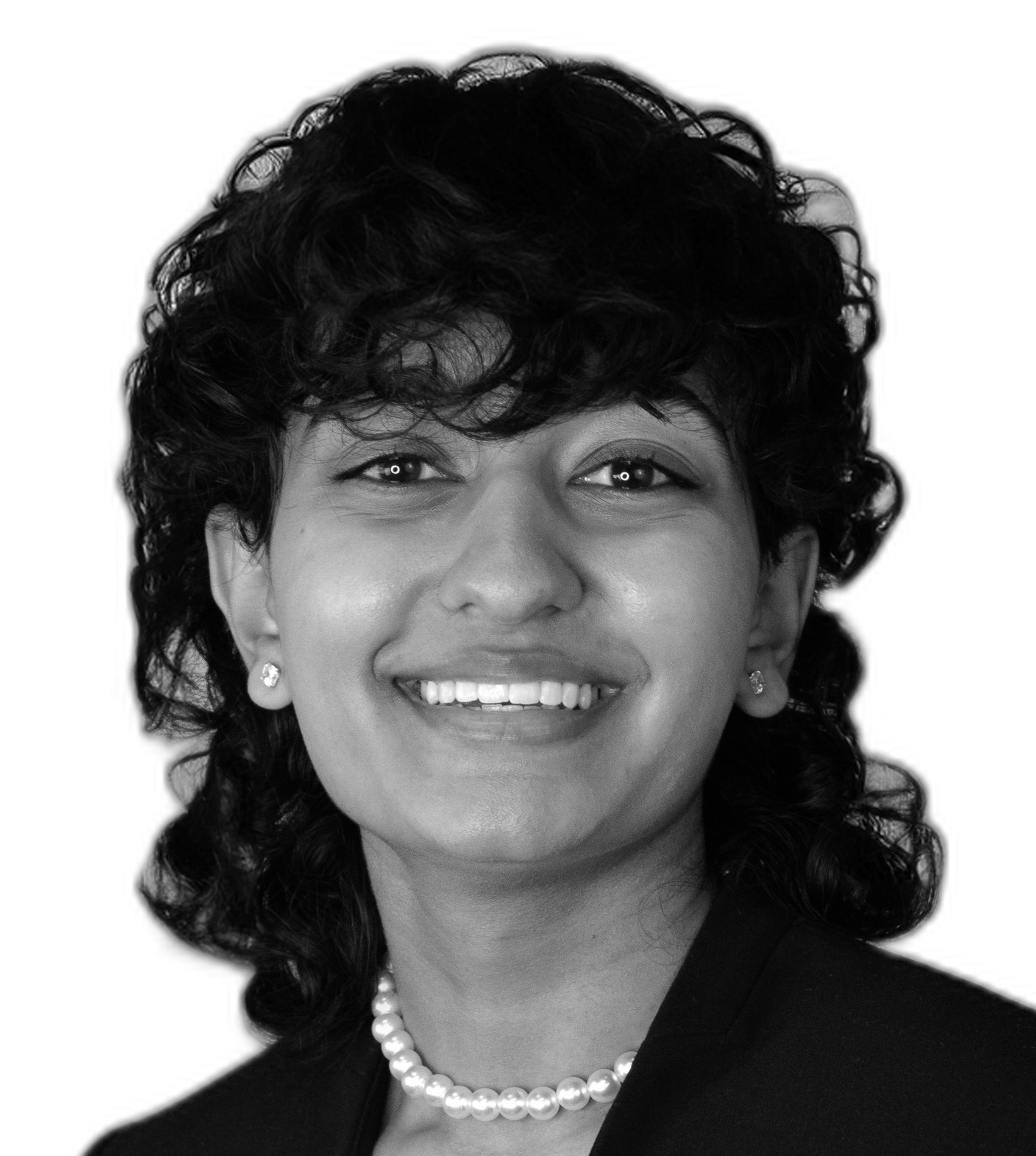
Annika Sunkara Social Media Coordinator
Annika Sunkara is a second-year journalism major at Northeastern University. She specializes in social media and vertical video and has served as audiovisual editor and social media editor at The Huntington News, Northeastern’s independent student newspaper. At the Disability Justice Project, she is eager to connect with disability advocates around the world and amplify their journalism through the DJP’s platforms.
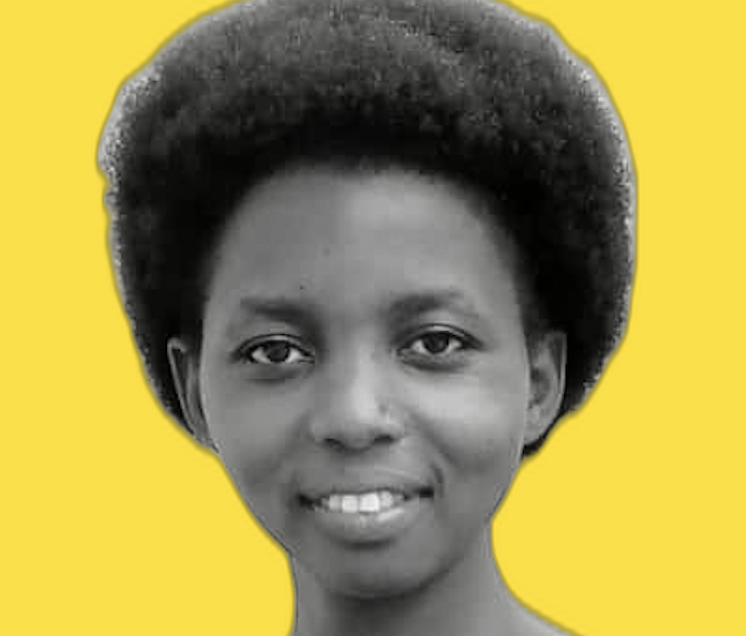
Francine Uwayisaba Contributing Writer
Francine Uwayisaba is a field officer at Rwanda Union of Little People (RULP) and is in charge of the organization’s communications. She writes grants, manages RULP’s social media, and composes articles and weekly updates for the website. She earned her bachelor’s degree in journalism and communication from the University of Rwanda and has been a freelance contributor to the Disability Justice Project since the fall of 2022. She is trained in basic sign language; disability inclusion in HIV interventions; disability, sexuality, and rights; and gender balancing. She also works as an actor in dubbing movies from international languages to Kinyarwanda.
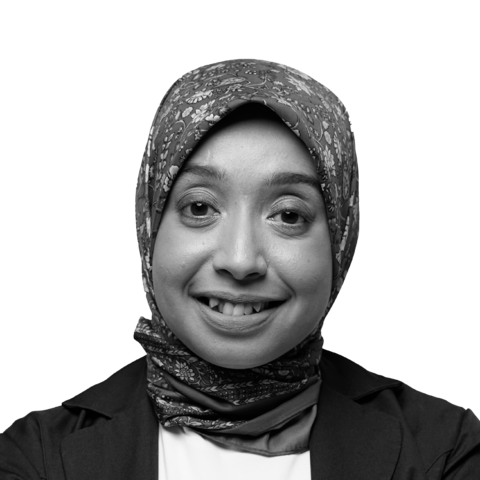
Sakdiyah Ma’ruf Interpreter
Sakdiyah Ma’ruf is Indonesia’s first Muslim female stand-up comic. Her comedy promotes dialogue, peace, and gender equality. She has performed in Indonesia, Australia, Sweden, Norway, and Mesir. Ma’ruf’s comedic work has been featured in Comedy Jihad, Born A Women, etc., Indonesia Seharusnya Rumah, Bersama, and other shows. She is the co-founder and main facilitator of “Our Voice for Change,” a women and youth initiative and comedy workshop promoting social change through comedy.
Ma’ruf is also a certified conference interpreter and translator who has 12 years of experience. Her translation works pertain to but are not limited to women’s rights, children and youth’s rights, disability rights, public health, sexual and reproductive health and rights, politics and democracy, disaster, emergency, environmental issues, and humanitarian issues. Ma’ruf is fluent in providing simultaneous, consecutive, and/or whispering interpreting services, including RSI (Remote Simultaneous Interpreting) at conferences, workshops, FGDs, press conferences, and webinars. Moreover, she has experience with translating documents, legal documents, and books.

Dan Zedek Designer
Dan Zedek heads a design studio specializing in content-driven design and strategy. As creative director of The Boston Globe and BostonGlobe.com, he led the print and digital design, news development, data visualization, and infographics teams, building an award-winning visual brand. The Society for News Design named BostonGlobe.com “The World’s Best Designed News Site” at launch. Prior to the Globe, he was a designer or art director at numerous local and national publications, including Natural Health, Seattle Weekly, The Dallas Observer, Parenting, Guitar World, and the Village Voice. Zedek is a professor of the practice at the Northeastern University School of Journalism where he leads master’s degree studios in Media Innovation.
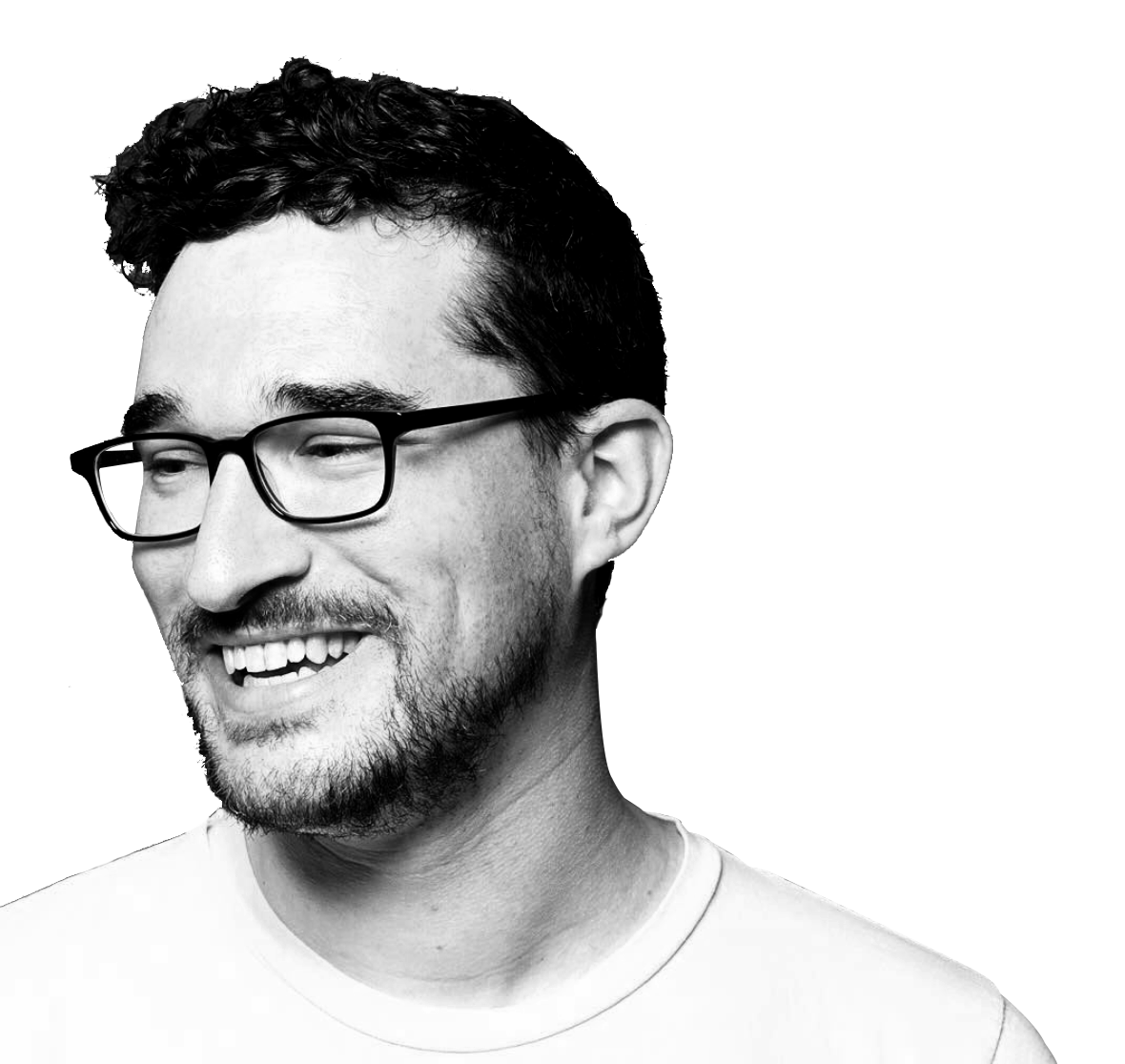
Eric Bailey Developer
Eric helped code this website. He’s an inclusive design advocate, writer, developer, and speaker. He helps maintain The A11Y Project, a community-driven effort to make digital accessibility easier. If you encountered an access barrier while using this site, please let him know.
